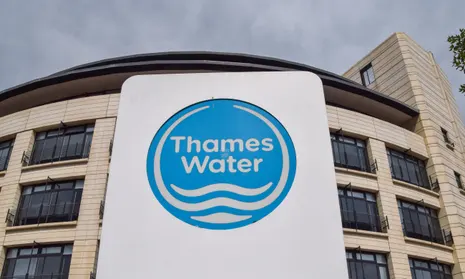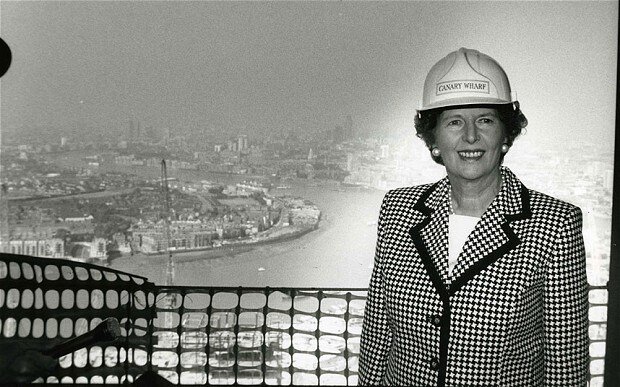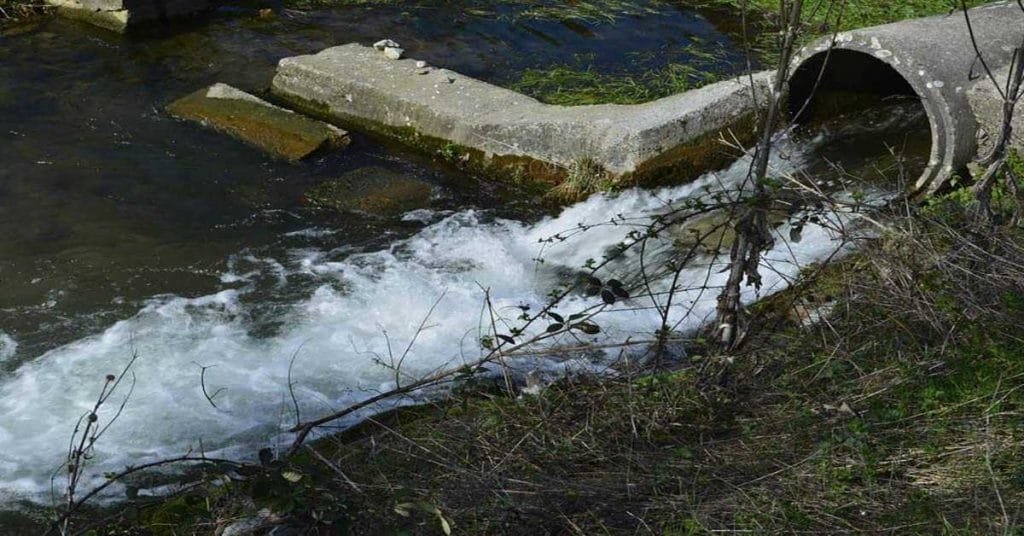Thames Water’s Debt Crisis: Privatisation Fails the Public Again
Thames Water, the rapacious and incompetent private company that has been plundering and polluting the waterways of England for decades, is finally facing the consequences of its mismanagement and malfeasance. Along with its equally dismal counterpart Southern Water, it has consistently failed to meet the most basic standards of sewage treatment, pollution prevention, and sewer flooding prevention, earning the wrath and fines of the regulators.
There should be a full inquiry into how this scandalous situation was allowed to persist, and who among the supine and toothless watchdogs of Ofwat and the Environment Agency should be held accountable, more so the waves of Tory MPs that have allowed this…
But to add insult to injury, now we find Thames Water, the UK’s largest water and sewage company, is teetering on the brink of financial collapse. With a staggering £14 billion in debt, the company’s dire situation raises questions about the pitfalls of privatisation and the burden it places on the public.
When Thames Water was privatised in 1989 under Margaret Thatcher’s Conservative government, it was debt-free.
However, over the years, the company accumulated heavy borrowings, with a significant portion of its debt added during the ownership of Macquarie, an Australian infrastructure bank.
Critics argue that while Macquarie invested in upgrading infrastructure, but it also extracted billions in loans and dividends, leaving Thames Water burdened with debt.
Thames Water’s debt-to-value ratio stands at a staggering 80%, the highest among water companies in England and Wales.
More than half of its debt is subject to rising interest rates tied to inflation, further exacerbating the company’s financial woes. With interest payments soaring and the company’s infrastructure in need of costly repairs, the situation has reached a critical point.
Who Owns Thames Water?

The ownership of Thames Water is a complex web of investors spanning four continents, including the Canadian pension fund OMERS and the Universities Superannuation Scheme. Sovereign wealth funds from China and Abu Dhabi also hold stakes in the company.
However, as the company seeks emergency talks with ministers and regulators, the question arises: should Thames Water receive a taxpayer-funded bailout?
This can’t end up being another case of Privatising profits while the public takes the loss.
From Private Profit to Public Loss: The Case of Thames Water
Alternatively, as Thames Water’s debt crisis unfolds, there is a growing chorus of voices advocating for the return of water utilities to public ownership. This would shift the burden of responsibility back onto investors and shareholders, sparing taxpayers from shouldering the financial weight.

Water campaigner Feargal Sharkey vehemently opposes any public money being used to rescue Thames Water.
Sharkey said: “Not a single penny of public money should be spent bailing out this company. The government has the powers in the water industry act to issue an enforcement order against Thames, to effectively take it into public control and to order the company to do its bidding. They can take control of how and when they pay down their debts, what they pay their shareholders, how they carry out their investment.
“Even if it takes 10 years, and it will take a lot of pain, but you could come out with a company which is reasonably debt free and stable. This is a power ministers have and they can use today.”
Sharkey argues that the government has the power, under the Water Industry Act 1991, to issue an enforcement order and take the company into public control.
This would allow for greater oversight of debt repayment, shareholder dividends, and investment decisions. While it would undoubtedly involve a period of pain, Sharkey believes that in the long run, a reasonably debt-free and stable company could emerge.

When Margaret Thatcher sold off the water industry in 1989, she gave away not only a natural resource but a natural monopoly. There is no competition, there is no ‘invisible market hand’ pushing prices down, this is monopoly capitalism at its worst.
The privatisation of water hasn’t only been a fountain of wealth for the Oligarchy. They have drunkenly supped without care or responsibility, neglecting proper reinvestment. Their only objective, their only target, is to quench the parched throats of the ever-thirsting shareholders
The great fraud of Thatcherism was to sell off our water supply to a cabal of profiteers and parasites, who have since plundered the public purse and poisoned the natural environment.
The promise of lower bills and a stake in the nation’s wealth was a cynical lie, designed to mask the transfer of power and resources from the many to the few. The result has been a colossal failure of efficiency, accountability and sustainability. The private water companies have squandered our precious water resources, neglected our vital infrastructure and exploited our captive customers. They have no regard for the common good, only for their own greed.
Water is not a mere commodity, subject to the whims of the market and the manipulation of the media. It is a fundamental human right, a vital natural resource and a shared public trust. We are not passive consumers, but active citizens, who have a stake and a say in how our water is managed and distributed. We demand that our water supply be returned to public ownership and democratic control, where it belongs.
Water Privatisation a History of Failure.

Thames Water is not an isolated case. It is a symptom of a deeper malaise that afflicts the entire privatised water sector, as well as other essential public services that have been sold off to the highest bidder, such as rail, mail, and energy. These industries have been turned into cash cows for private shareholders and executives while delivering shoddy and expensive services to the public and the businesses that depend on them.
While Thames Water Company has faced significant penalties and scrutiny from regulatory bodies. Fergal Sharkey calls for a thorough investigation into the failure of industry regulation, urging accountability for those in publicly appointed positions at Ofwat and the Environment Agency.
Thames Water’s woes should serve as a wake-up call, exposing the folly and futility of privatisation and the urgent need for a radical rethink of our approach to vital public services. It is high time to put the public interest above private greed, and for water utilities to be brought back under public control.
It’s time for the government to assert its powers and take back control, ensuring that the common good prevails.
Support Independent Journalism Today
Our unwavering dedication is to provide you with unbiased news, diverse perspectives, and insightful opinions. We're on a mission to ensure that those in positions of power are held accountable for their actions, but we can't do it alone. Labour Heartlands is primarily funded by me, Paul Knaggs, and by the generous contributions of readers like you. Your donations keep us going and help us uphold the principles of independent journalism. Join us in our quest for truth, transparency, and accountability – donate today and be a part of our mission!
Like everyone else, we're facing challenges, and we need your help to stay online and continue providing crucial journalism. Every contribution, no matter how small, goes a long way in helping us thrive. By becoming one of our donors, you become a vital part of our mission to uncover the truth and uphold the values of democracy.
While we maintain our independence from political affiliations, we stand united against corruption, injustice, and the erosion of free speech, truth, and democracy. We believe in the power of accurate information in a democracy, and we consider facts non-negotiable.
Your support, no matter the amount, can make a significant impact. Together, we can make a difference and continue our journey toward a more informed and just society.
Thank you for supporting Labour Heartlands












